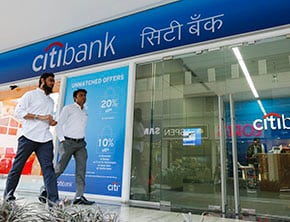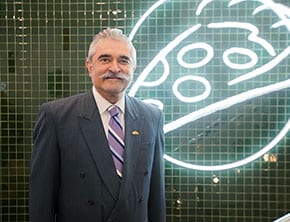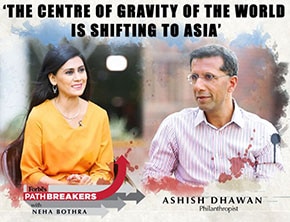
From the troubles of Indian IT workers to masterchef Vikas Khanna's attempt to remain inspired, here are our most-read stories of the week
The allure of a four-day workweek, Papa Johns' second innings in India, and Debashis Chatterjee's $10 billion ambition for LTIMindtree are some of the stories that piqued the interest of our readers this week
 Every week, catch up on the best long form stories from Forbes India. Often peppered with our binge-worthy podcasts, videos or infographics too. Image: Shutterstock
Every week, catch up on the best long form stories from Forbes India. Often peppered with our binge-worthy podcasts, videos or infographics too. Image: Shutterstock

1) Trouble in paradise
Hiring in the IT sector has dropped 25 percent versus last year. India’s top four IT companies saw a net addition of just 1,940 employees in Q3, the lowest in the last eight quarters. Active job volumes in the tech sector have dropped nearly 50 percent on a year-on-year basis. Proposed job cuts are just over 37,000 for the next few months. The wide-eyed dream of the Indian middle class, the one on which 90s kids lived, seems to be losing its shine. Indian IT sector, in the words of NR Narayana Murthy, was supposed to 'attract the best and the brightest'. Read the diary pages of Indian IT workers here about how turmoil in the sector is quashing dreams. Read here

 3) Battle-ready
3) Battle-ready 1) Second-time lucky
1) Second-time lucky 2) Allure of a four-day workweek
2) Allure of a four-day workweek 3) Stories from Indian Kitchens ft. Vikas Khanna
3) Stories from Indian Kitchens ft. Vikas Khanna 4) Ashish Dhawan on Pathbreakers
4) Ashish Dhawan on Pathbreakers



